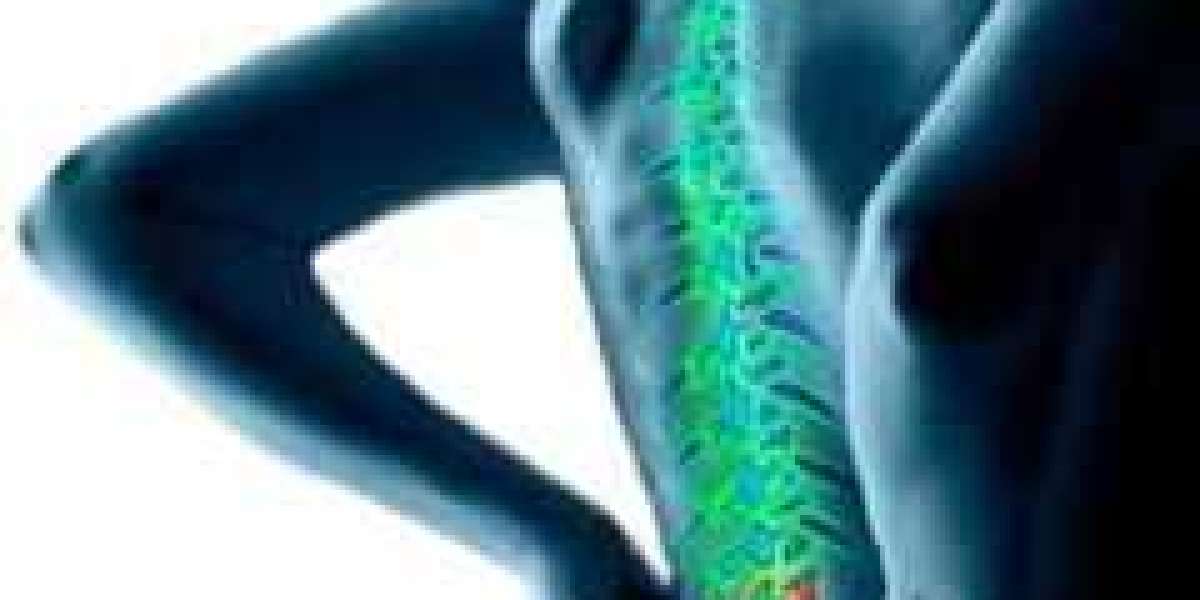Addiction is a disease and can be cured with the right kind of treatment. For those who are struggling with addiction, seeking the right treatment can make a huge difference. Addiction is a chronic condition and there is no one-size-fits-all treatment for it. The treatment chosen should be tailored to the individual's needs and goals. Medical professionals use a range of treatments to help people recover from addiction. In this blog, we will explore the different types of treatments available for addicts and discuss their benefits. Please visit EMRGENT Addiction for more info.
Depending on your addiction, you are bound to suffer some withdrawal symptoms when you opt to start rehabilitation treatment. The early withdrawal symptoms include yawning, sweating, runny nose, insomnia, increased tearing, muscle aches, anxiety, and agitation. The late withdrawal symptoms include vomiting, nausea, goosebumps, dilated pupils, diarrhea, and abdominal cramping. These symptoms are not absolute and they vary depending on the drug. Moreover, they vary depending on the person. Take note that they could become life-threatening. These ones start after the use of the drug stops. For example, if you use methadone you have about thirty hours before the symptoms kick in while if you use heroin you will have about thirty minutes.
Detoxification:
Detox is the first step in most addiction treatments. It involves removing the harmful substances in the body that are causing addiction. Detox aims to make the withdrawal process more comfortable and helps the person cope with cravings. During detox, the patient is monitored closely by medical professionals as they undergo withdrawal. Medical support is recommended as this process can be very challenging. Detoxification can take anywhere between a few days to weeks, depending on the individual's condition.
Inpatient/Residential Treatment:
Inpatient or residential treatment is a very intensive care program that involves a person staying at a facility while they recover from addiction. This kind of treatment typically lasts for at least 30 days but can last up to six months or more. The patient will receive a range of support including medical care, counseling, and therapy. Inpatient treatment is ideal for patients who have a severe addiction and require a controlled environment to recover.
Outpatient Treatment:
Outpatient treatment allows patients to receive care from the comfort of their own homes. Patients will visit a clinic or facility regularly for a set period of time. This kind of treatment is suitable for those who have a mild addiction and can manage their daily life without supervision. Outpatient treatment is flexible, and the patient can receive care without disrupting their daily routine. However, this kind of treatment requires a lot of self-discipline and commitment to succeed.
Medications:
Medications are often used to help ease the withdrawal process and to control cravings. These medications can also help to control the symptoms of mental health conditions that often co-occur with addiction. Medications alone are usually not sufficient to treat addiction, but they can be used effectively alongside other forms of treatment. Some medications used for addiction treatment include methadone, buprenorphine, and naltrexone.
Non-medicated Residential Services:
This detoxification option is not common today. As the name suggests, it does not use any form of medication. This is because it recognizes that the patient is already addicted to a drug and is very likely to form a dependency to the detox medication, especially opiate addicts. This method is likely to be faster in comparison to the rest in achieving the goal of ending addiction. The patient stops using the drug abruptly causing them to experience discomfort but for a short period. It is worth it in the end. This method takes a few weeks to wean the addict off the drug making them ready to go through behavioral therapy. This last form of therapy takes care of psychological dependence and opiate craving. The therapy could be a group or individual counseling whichever the patient is most comfortable with.
Counseling and Therapy:
Counseling and therapy are often used as a part of addiction treatment. These interventions can help the individual learn how to cope with cravings, develop healthy relationships, and communicate effectively. Counseling and therapy can be provided in a number of ways including individual therapy, group therapy, and family therapy.
Addiction is a complex condition that requires comprehensive treatment. The available treatment choices for addicts range from detoxification, inpatient/residential treatment, outpatient treatment, medication, counseling, and therapy. What works for one person may not work for another. The most important thing is to find a treatment that is tailored to the individual's needs and goals. Seeking professional help is the best way to find the appropriate treatment. With the right treatment and support, recovery from addiction is possible.








